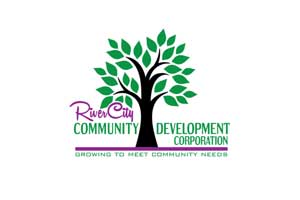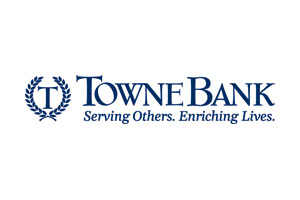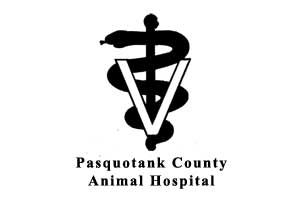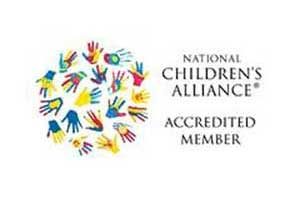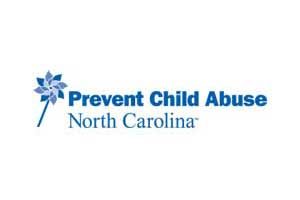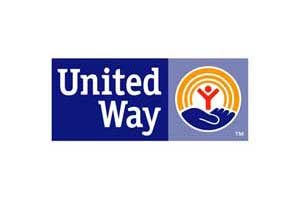Please note: North Carolina is a mandatory reporting state. If you suspect child abuse or neglect, the law says that you must report to your local Department of Social Services or law enforcement. Following are the contact numbers for the 7 counties we serve:
- Dare County Department of Social Services (DSS): (252) 473-1471 (Manteo); (252) 995-4404 (Buxton)
- Currituck County DSS: (252) 232-3083
- Camden County DSS: (252) 331-4787
- Pasquotank County DSS: (252) 338-2126
- Perquimans County DSS: (252) 426-7373 (Hertford); (252) 426-1806 (Winfall)
- Chowan County DSS: (252) 482-7441
- Gates County DSS: (252) 357-0075
You can receive help with how to make a report by calling Childhelp USA National Child Abuse Hotline at 1-800-4-A-Child (1-800-422-4453), 24 hours a day. Or call us for assistance during office hours at (252) 338-5658.
What to Do if a Child Tells You of Abuse
The most important job you have when a child tells you s/he has been abused is listening.
Be careful not to show an emotional reaction to what you are hearing. Children often feel responsible for the reactions of adults and this can lead to the child not speaking out further.
Let the child know that what happened was not their fault and be sure to assure the child that you believe him/her.
Kneel or sit in a chair that puts you at the child’s eye level and let him or her tell you as much as they wish to tell you.
Do not question the child; it may interfere with an investigation and lead the child to close down.
Do not tell the child that this will never happen again, because that is a promise that you cannot be sure of.
REPORT to appropriate authorities and let them take the investigation from there. In the 7 counties listed above, there is access to professional interviewers at Kids First who specialize in working with children.
Protect the child’s trust by NOT talking about it to anyone except those to whom you are reporting and who may need information in the investigation.
See the Prevention Page for more information.
What is Physical Abuse?
Physical abuse includes slapping, punching, hitting, burning, or causing intentional injury to a child. It is a crime.
Signs of Possible Physical Abuse
- Unexplained welts or bruises (especially in various stages of healing), burns or fractures.
- Drastic changes in behavior from how the child usually acts, such as anxiety, clinginess, withdrawal, or aggression (including destructive behavior).
- Loss of appetite
- Self-destructive behavior
- Expresses little emotion (or none at all) when hurt.
- Discomfort with physical contact.
- Avoidance or fear of certain persons or places.
What is Sexual Abuse?
Sexual abuse includes inappropriate touching, kissing or hugging of a child; fondling, involving a child in pornography (or exposing a child to pornography) or involving a child in any sexually promiscuous behavior. It is a crime.
Signs of Possible Sexual Abuse
- Sexual promiscuity or inappropriate sexual knowledge, language, interest, or behavior for the child’s age.
- Child regresses to behaviors of an earlier age, such as bedwetting, speechlessness, etc.
- Has sexually transmitted diseases
- Has nightmares or other sleep disturbances
- Has frequent urinary tract infections
- Has bleeding/itching/discomfort in genital area
- Exhibits delinquent behavior
- Shows signs of depression and possibly has suicidal tendencies
- Engages in self-destructive behaviors (especially adolescents) such as drinking, taking drugs, running away, and prostitution.
What is Emotional Abuse?
Emotional abuse includes insulting, being overly critical of, rejecting, controlling, manipulating, or withholding love from a child.
Signs of Possible Emotional Abuse
- Delayed development, both physical and emotional
- Extremely low self-esteem
- Physical disorders such as asthma, allergies, ulcers
- Very demanding and aggressive OR extremely passive
- May be antisocial and destructive or depressed and suicidal
- Speech disorders
- Habit disorders (rocking, sucking)
- In adolescents, delinquent behavior
What is Neglect?
Neglect includes leaving a child exposed to danger, failing to provide adequate protection and care, or failing to meet a child’s basic needs. It is a crime.
Signs of Possible Neglect
- Medical needs that are not being attended to
- Abandonment by caregivers/parents
- Constant lack of supervision
- Poor social skills
- Distended stomach, constant hunger (stealing or begging for food), poor hygiene, inappropriate dress
- Is affectionate with anyone
- Listlessness
- Self-destructive
- Cannot stay awake in school
Remember: Reporting suspected child abuse and/or neglect is the law in North Carolina for every citizen. If you have to report, you do not have to reveal your identity if you do not wish to. In cases of suspected abuse, the Department of Social Services must investigate within 24 hours; in cases of suspected neglect, the investigation happens within 72 hours.



